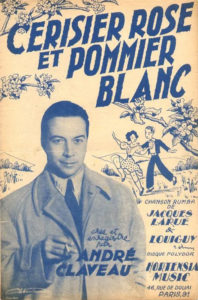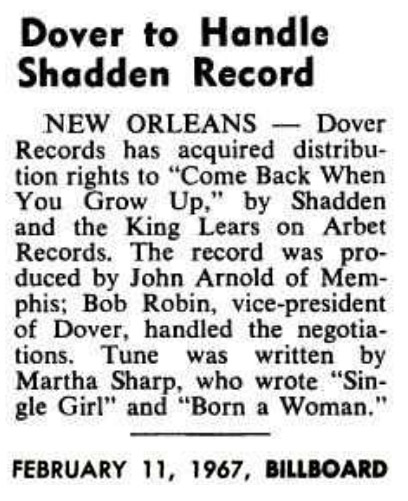First recorded by Frankie Valli & the Four Seasons (US #24 1965).
Other hit versions by ? & the Mysterians (US #56 1967), Smash Mouth (US #18/CAN #8/AUS #14 1998).
From the wiki: “‘Can’t Get Enough of You, Baby’ was written by Denny Randell and Sandy Linzer, and was first recorded by the Four Seasons in 1965 for their album Working My Way Back to You and More Great New Hits. The protopunk band ? and the Mysterians covered it in 1967 for their second album Action. Their version was the first to chart, reaching #56 on the Billboard Hot 100 when released as a promotional single.
“Thirty years later, the song was covered by Smash Mouth for the soundtrack to the 1998 film Can’t Hardly Wait and was also released as the lead promotional single from the band’s second studio album, Astro Lounge (1999). It, too, charted in the U.S., plus Canada and Australia.”



